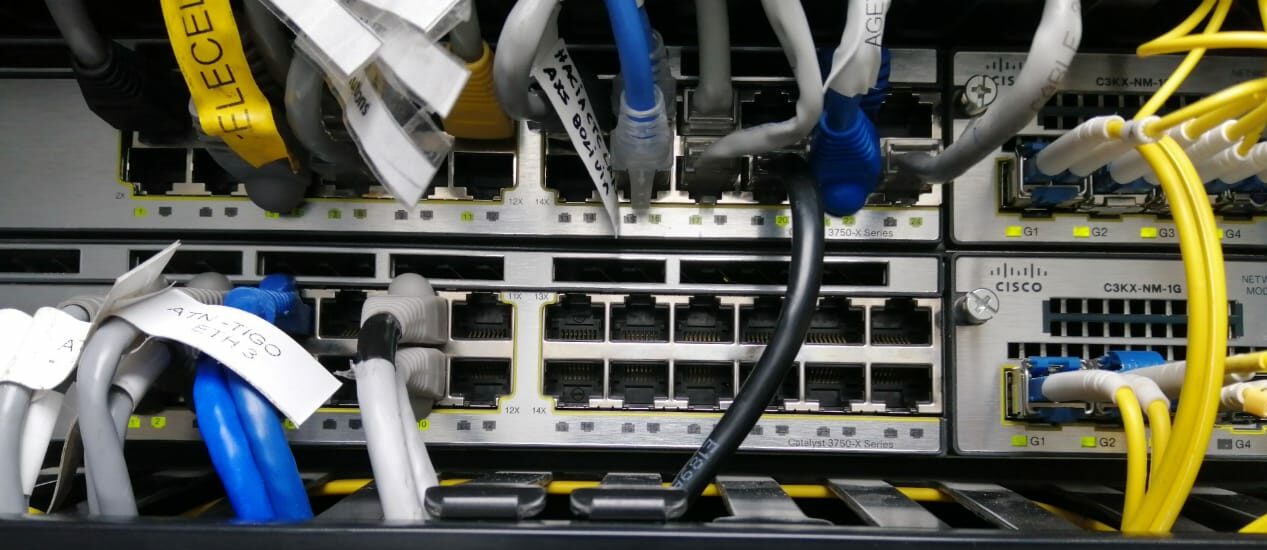How does an Internet exchange point grow—and what does that mean for the people who depend on it?
When it started in 2013, Bolivia’s Internet exchange point (IXP), PIT Bolivia, exchanged 90 Mbps. Today, the IXP has grown to 13 Gbps.
By increasing speeds and cutting download delays, it’s significantly improving user experience. Before 2021, a download took an average of 600–700 milliseconds. Now it’s 11 milliseconds.
PIT Bolivia isn’t just cutting lag time, it might also make the Internet more affordable. While some smaller Internet providers are currently buying Internet for US$50/Mb, PIT Bolivia plans to charge US$4/Mb.
Internet exchange points make the Internet more resilient—and they’ve become critical during the pandemic. By growing its local IXP, PIT Bolivia helped its community by providing faster, more reliable Internet when people needed it most.

